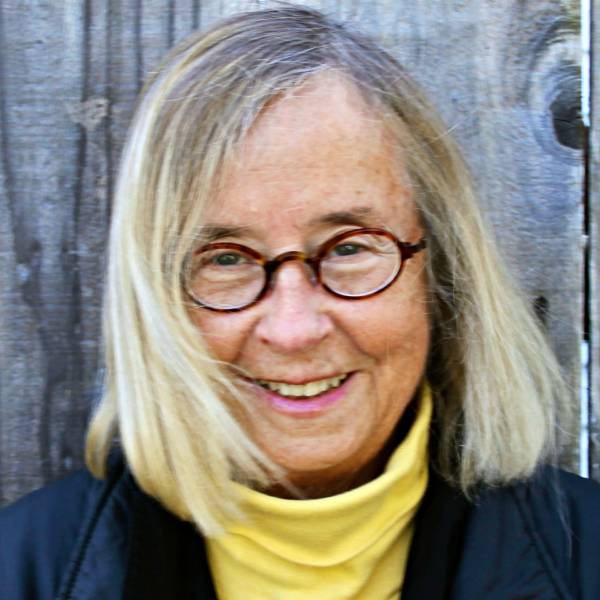Lately I've been thinking about fear, probably because I feel some of my own when reading the paper or watching the news. It doesn't come from any one thing in particular, but arises from a free-floating sense that the whole world is falling apart.
I have faced a number of intensely fearful situations in my life. Hearing the word 'cancer' in my doctor's office sent a wave of fear so powerful I jumped up from my chair and headed for the door. Thankfully, my doctor understood, and during the next few weeks we made a plan for surgery and here I am 14 years later.
Another terrifying experience happened in Alaska. At the end of a backpack trip in a remote wilderness, my husband and I woke to the sound of something scratching outside. Unzipping the tent fly, we stared at a huge grizzly bear. After several attempts to scare him off, my brave husband picked up our dome tent, held it over his head and growled like a gorilla. The bear didn't like this. He ran off minutes before our float-plane arrived to pick us up.
Humans seem particularly adept at handling direct fear like the last two examples, but free-floating fear like the first is different. As much as I would like to make a plan with my doctor to take on the horrors of the world, or lift a tent over my head and growl at them, it wouldn't do much good.
I haven't yet figured out exactly how to deal with free-floating fear, but I suspect it has something to do with generosity, as well as taking action, no matter how small. I love the idea of the butterfly effect, which, in my version, I envision as the flap of wings stirring daisies in San Francisco, while a few minutes later palms rustle in Sri Lanka. I know from experience that small actions can produce bigger ones. So, little monarch in my back yard, as I write out a check to Save The Children, please send a butterfly kiss to a Somali baby, and while you're at it, a full tummy, too.
